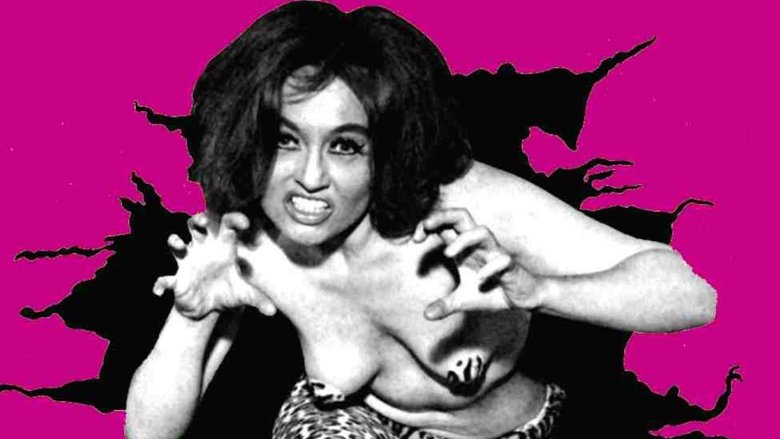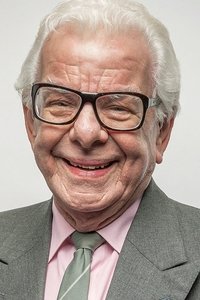Primitive London
Shocking! Incredible! The most bizarre motion picture you have ever seen!
Genres
Documentary
OverView
The sensational follow-up to "London in the Raw," "Primitive London" sets out to reflect society's decay through a sideshow spectacle of 1960s London depravity—and manages to outdo its predecessor. Here, we confront mods, rockers and beatniks at the Ace Café, cut some rug with obscure beat band The Zephyrs, smirk at flabby men in the sauna and goggle at sordid wife-swapping parties as we discover a pre-permissive Britain still trying to move on from the post-war depression of the 1950s.
Others
Budget
$--
Revenue
$--
Status
Released
Original Language
English
Runtime
87 mins
Rating
5.167/10
Release Date
01 April 1965
Country
United Kingdom



